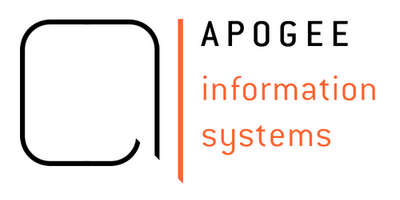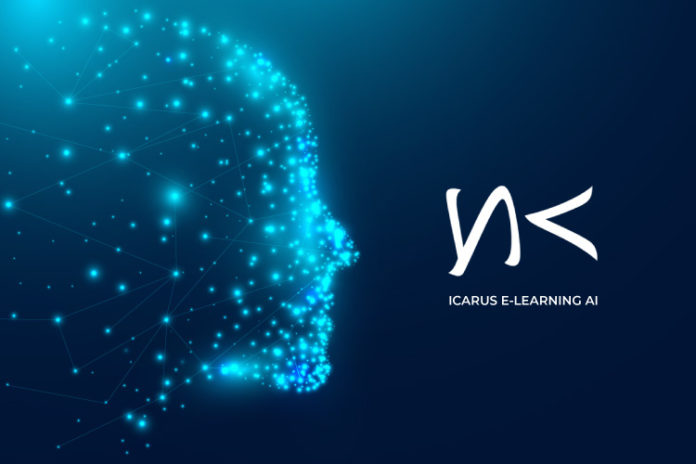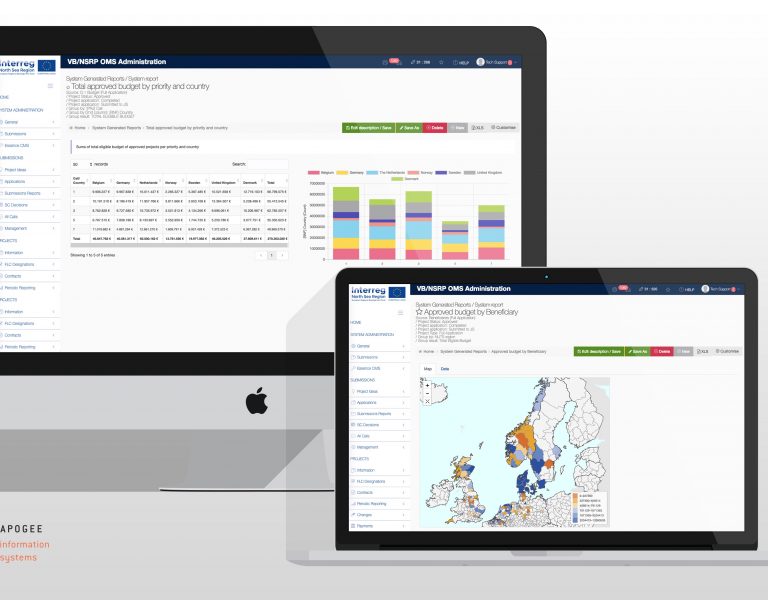“Star Trek” would go on to inspire a generation of people determined to create the gadgets of the future. Just three years after the premiere of Star Trek”, humanity would launch Apollo 11, the spaceship that would carry Neil Armstrong to the lunar surface, making him the first person ever to walk on the moon. Elon Musk, Steve Jobs, Bill Gates and other children of the space age would go on to become titans of the modern technological era, successfully developing the same kinds of devices used in the iconic television show. 63 years later it appears that humanity is inching closer to that future that was but science fiction generations prior. In particular, technology powered by Artificial Intelligence (AI) is quickly becoming more integrated into our everyday lives. AI powered virtual helpers that exist in our smart devices have learned to understand our behavior so as to predict what we need from them. For example, Alexa, a digital assistant developed by
Amazon is trained to recognize voices, commands, and even recognize when different people are talking to it. Through machine learning Alexa learns your patterns, allowing it to predict when you need to order groceries, set an alarm to wake up, even remind you to take your medication. And as soon as 2025, developers intend to make Alexa smart enough to predict when your relationships with your intimate partners are about to end. AI analysts, researches and developers are visioning to integrate AI into E-Learning technology. AI powered E-Learning, can learn to apply logic to tasks through the data they collect from users can help developers to create software that make learning in the classroom at a job easier and more streamlined. Training sessions for new skills that would previously take months to learn in a classroom can now be taught on a computer, tablet, or other smart device powered by technology designed to enrich the learning experience. Of course, with any…


